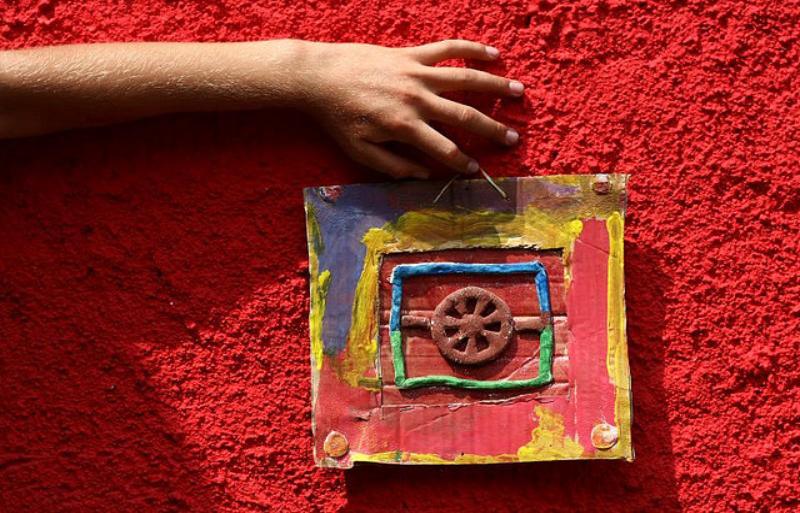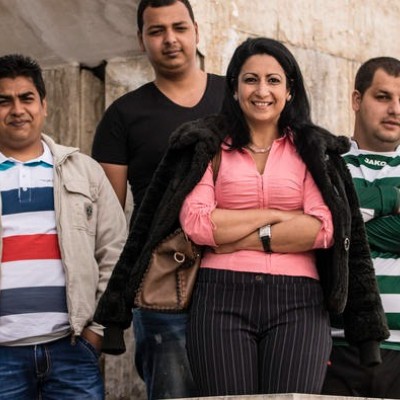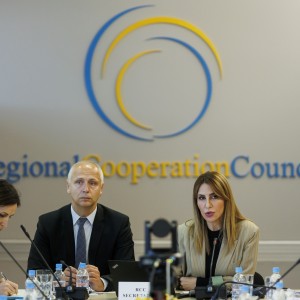RCC’s Roma Integration 2020 project at Roma week 2017 in Brussels
29 March 2017

Photo: amitie-community.eu
Brussels – Orhan Usein, Leader of Regional Cooperation Council’s (RCC) Roma Integration 2020 (RI2020) Action Team presented the work and goals of the RI2020 working on Roma Integration issues in the Western Balkans and Turkey, within the Roma week 2017, taking place in Brussels.
“It is nice to be a part of the second Roma week that allows us but also other governmental and civil society organisations to present their efforts in integrating Roma population in societies”, said Usein at the event dedicated to Improving impact of EU funding and Roma integration policy in the enlargement region through partnership with Roma Civil Society organized by European Parliament today.
„RI2020 Action Team works in the region with all relevant groups to reduce exsisting gap between Roma and non-Roma population. We aim to reach this goal through implementation of national measures that involve allocation of adequate resources and introduction of specific steps into policies on several key issues - education, employment, health, housing and civil registration.“
Usein also took part in the discussion Enhancing cooperation between DG NEAR and main international IPA partners organized by the European Commission, the same afternoon.
Roma week 2017 is held from 27th March to 3rd April 2017 to mark the occasion of International Roma Day on 8 April 2017 under the high patronage of the European Commission and the European Parliament in cooperation with Roma Civil Society. 2017 Roma week follows on from the first Roma week that was held in Brussels in 2016 and a number of workshop/events are being organised to raise awareness about issues facing Roma. The International Roma Day in 2017 will commemorate the 46th anniversary of the first Romani Congress that was organised in London in 1971 and that marked 8 April as International Roma Day.
The RI2020 project, implemented by the RCC with the financial support of the European Union and the Open Society Foundations, aims to contribute to reducing the socio-economic gap; between the Roma and non-Roma population in the Western Balkans and Turkey and to strengthen the institutional obligations of governments to incorporate and deliver specific Roma integration goals in mainstream policy developments.



